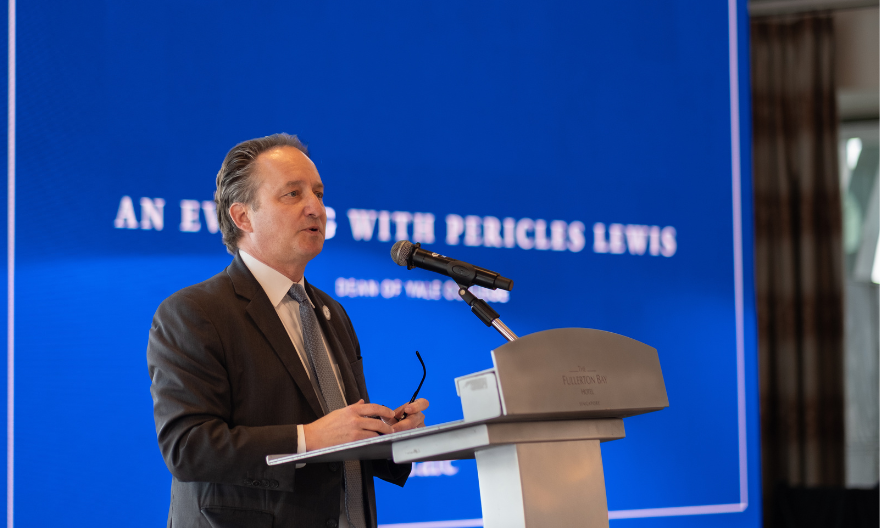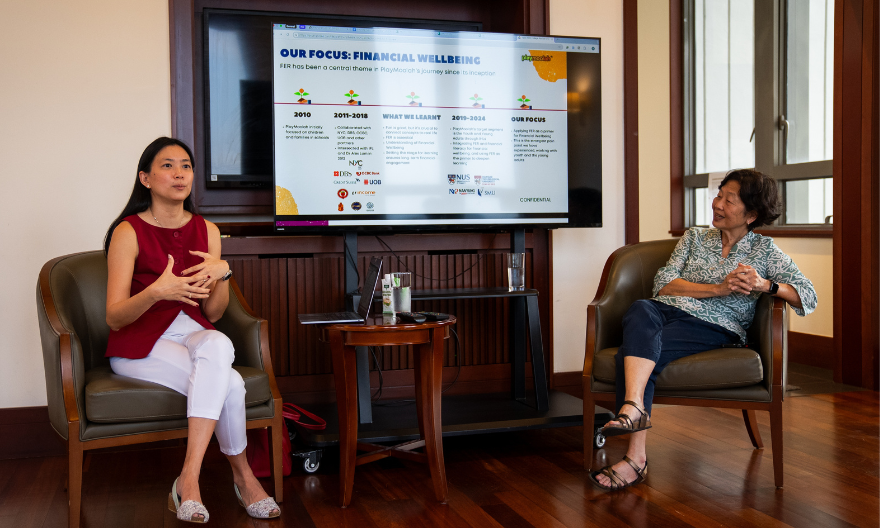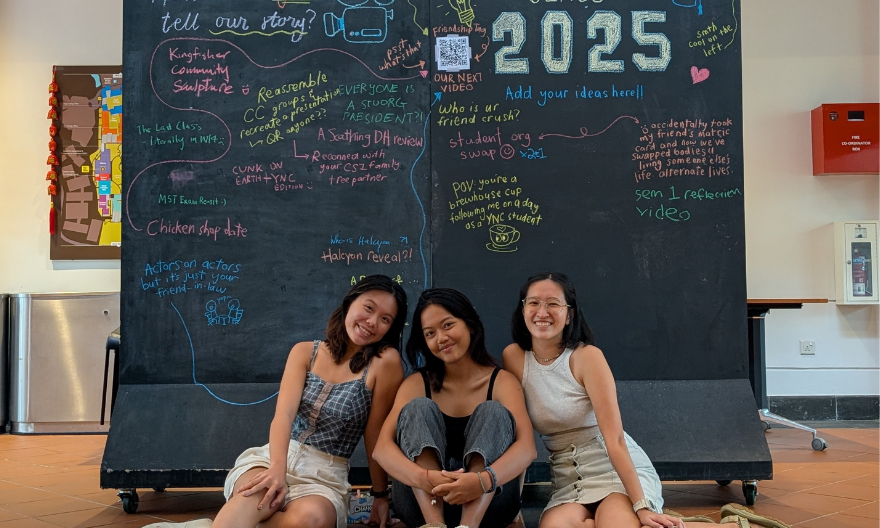New Student Affairs Office to further enhance co-curricular programming and student support at Yale-NUS
 File photo, taken in March 2020.
File photo, taken in March 2020.
As a small and intimate residential college, student support and innovative co-curricular programming form the key components of the undergraduate experience at Yale-NUS College. At the College, staff and faculty advisors work closely with students to support them in various aspects of their student life – from academics to residential life programming; student activities to leadership skills development; as well as global opportunities to career advising and more.
In the new academic year, a new Student Affairs Office has been created to enhance student support and co-curricular programming at the College.
The new office oversees residential and co-curricular programmes, which include student life programming and student support, as well as international and professional opportunities. It draws on existing resources at the College – from the two main student facing-offices at the College, the Dean of Students Office (DOS) and the Centre for International & Professional Experience (CIPE) – and merges expertise from both departments to create greater synergies between their programmes, services and student support.
Professor Joanne Roberts, Executive Vice President (EVP) Academic Affairs and Professor of Social Sciences (Economics) said, “The formation of the new Student Affairs Office will allow the teams from DOS and CIPE to enhance their collaborations and synergies in many areas, and also expand the scope for staff development. I am excited to see the innovations to co-curricular programming and student support that the teams will create and deliver to our students.”
On the areas of collaborations, EVP Roberts cited the example of leadership development and programming for students. CIPE runs a modular array of skills-focused training for students to hone skills for leadership and social change while DOS provides opportunities for growth and development through supporting student organisations’ activities. With the merger of the two departments, students can expect more holistic support for skills development, advising, and learning how to create impact through student-led activities.
The Student Affairs Office is headed by Dean of Students Dave Stanfield, who is working with both teams to streamline their work for a more unified approach to co-curricular programming and student support.
Dean Stanfield said, “Since the launch of the Yale-NUS Residential Curriculum in 2020, staff members from both teams have already been working together to develop new programmes and enhancements that are aligned closely to our learning goals. With our combined resources and experience, I am looking forward to further refining the Residential Curriculum, a unique Yale-NUS programme that provides an immersive learning experience for our community members, as well as other offerings that support the students’ growth during their time at Yale-NUS.”
Student support at Yale-NUS goes beyond a student’s four-year journey as an undergraduate, and includes helping students prepare for life after college. Starting from the students’ first semester at the college, the various support networks comprising staff, faculty and student advisors work closely with students to help them with their transition to college, gain a fruitful and supportive learning and living experience throughout the four years, and finally support the graduating students in their post-graduate endeavours.
Earlier this year, DOS, CIPE and other offices at Yale-NUS came together to create a ‘De-Orientation’ programme for graduating students. Now renamed the ‘Senior Year Experience’, the programme will expand, combining the expertise of the various departments, based on a holistic approach to looking at ‘adulting’, covering areas such as managing personal finance, housing options, and managing workplace harassment. With the new Student Affairs Office, students can now look forward to even more new and exciting programmes that will cater to their overall development throughout their four years at Yale-NUS.




